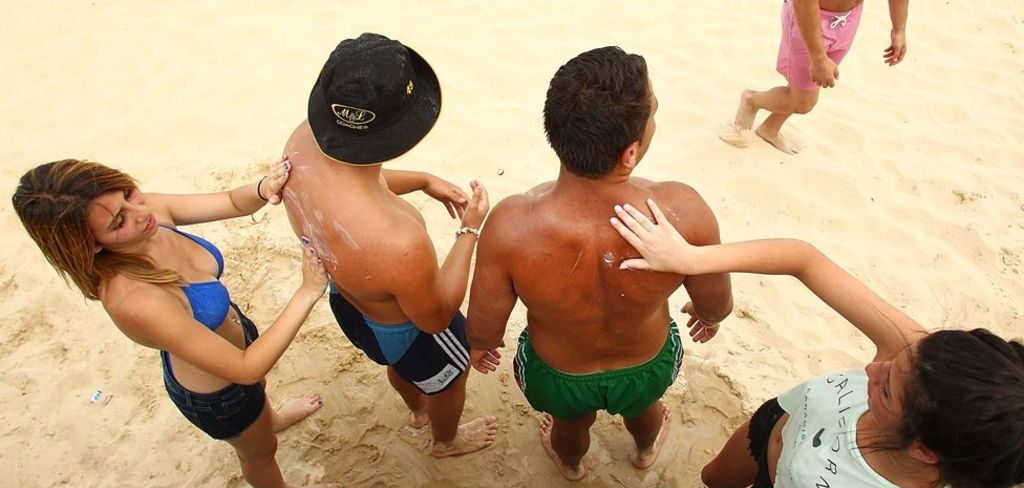- A national scandal has erupted in Australia after independent testing revealed that several high-profile sunscreen brands—including Ultra Violette, Neutrogena, and Cancer Council—failed to meet their advertised SPF ratings.
- The fallout has triggered product recalls, regulatory investigations, and shaken public trust in an industry that trades on safety and science.
Australia, the country with the highest rate of skin cancer in the world, is facing a sunscreen reckoning. A damning report from consumer advocacy group Choice Australia has revealed that 16 out of 20 popular sunscreen products failed to meet their advertised SPF ratings. Among the worst offenders was Ultra Violette’s Lean Screen SPF 50+, which returned a shocking SPF 4 in repeated tests.
For Rach, a 34-year-old mother from Newcastle, the news hit hard. Despite years of diligent sun protection, she was diagnosed with basal cell carcinoma last November. Her trusted sunscreen—Lean Screen—was later recalled after inconsistent lab results across eight separate tests.
The scandal has triggered a wave of product withdrawals, a probe by the Therapeutic Goods Association (TGA), and mounting pressure on brands to take accountability. While Ultra Violette initially defended its product, it later issued a public apology and severed ties with its original testing lab.
Other brands named in the report, including Neutrogena, Banana Boat, Bondi Sands, and the Cancer Council, have rejected the findings, citing their own independent testing. But the damage is done. Consumers are furious, and dermatologists are urging caution.
Investigations have revealed that many of the failed products were certified by a single US-based lab known for unusually high SPF results. Several sunscreens also shared similar base formulations, raising questions about manufacturing transparency and regulatory oversight.
Experts say the issue isn’t confined to Australia. Many global sunscreen brands rely on the same testing labs and manufacturers, meaning the problem could be far more widespread.
Despite the panic, cosmetic chemists like Dr Michelle Wong caution against overreaction. She points to clinical trials showing that even SPF 16 can significantly reduce skin cancer risk. The real issue, she says, is proper application—most people simply don’t use enough.
As the TGA reviews its testing protocols, the scandal has become a wake-up call for regulators, brands, and consumers alike. In a country where two out of three people will face skin cancer in their lifetime, trust in sunscreen isn’t just cosmetic—it’s critical.

